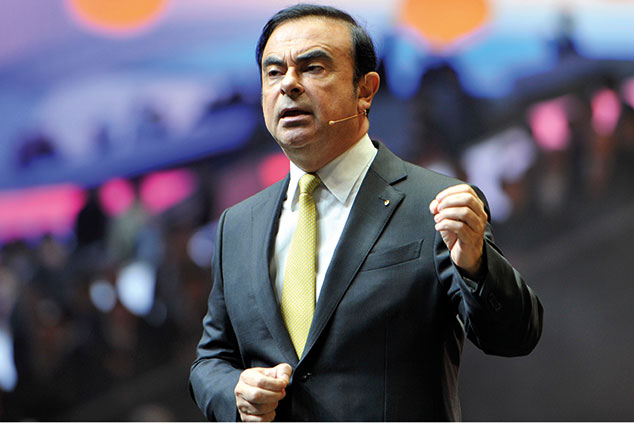
The French government has hinted that it may reduce its stake in Renault, and get Renault to reduce its stake in Nissan, in order to repair the “fraught alliance” with the Japanese carmaker and revive a proposed merger with Fiat Chrysler (FCA), reports the Financial Times. While FCA blamed the “abrupt collapse” of talks with Renault on “the adverse political environment in France”, Paris has insisted that it was willing to waive most of its initial objections. It claims that the only substantive issue preventing progress was the failure to secure approval from Nissan.
If the French government is serious about making changes to its relationship with both Renault and Nissan, then the FCA-Renault deal “may not be entirely dead”, say Liam Proud and Pete Sweeney on Breakingviews. If Renault “sold some shares in its Japanese partner, and the government also reduced its influence over the French group, Nissan might decide to support the merger”. Currently Nissan is worried that any merger would end up with its influence being diluted even further. What’s more, the French government has some leverage of its own, as its threat to veto a structural overhaul at the Japanese company gives Nissan “an extra incentive to play ball”.
Renault has repair work to do
Renault should spend less time dreaming of a “flashy new suitor” and instead “be nicer to its long-time partner”, says Jacky Wong in The Wall Street Journal. Threatening to block Nissan’s governance changes “will merely undermine trust further in the already tense relationship between the two carmakers”. This is especially the case because the proposed changes, such as setting up board committees for remuneration and audit, “are long overdue”. It is not in Renault’s interest to leave Nissan in “governance limbo” any longer. It would be “madness” for Renault to ditch the alliance with Nissan, add Ben Dooley and Jack Ewing in The New York Times. This is because such alliances “take years to deliver benefits”. Besides, there are signs that FCA is already starting to make alternative arrangements. Last Monday it announced a preliminary agreement with tech company Aurora “to develop self-driving vehicles”.
The latest twists and turns remind us of how good former Nissan boss Carlos Ghosn was at “balancing the needs of two countries with a history of national pride and state interference in industry”, says Lionel Laurent on Bloomberg. It’s “remarkable” that he was “able to push a sickly Nissan” into adopting “truly revolutionary changes” after the creation of the alliance, including “an end to cosy deals with historical suppliers, massive job cuts, and the ceding of control to non-Japanese executives”. While arguably “too much power was concentrated in the hands of one man”, he’s “clearly left a void, which has been filled by squabbling”.